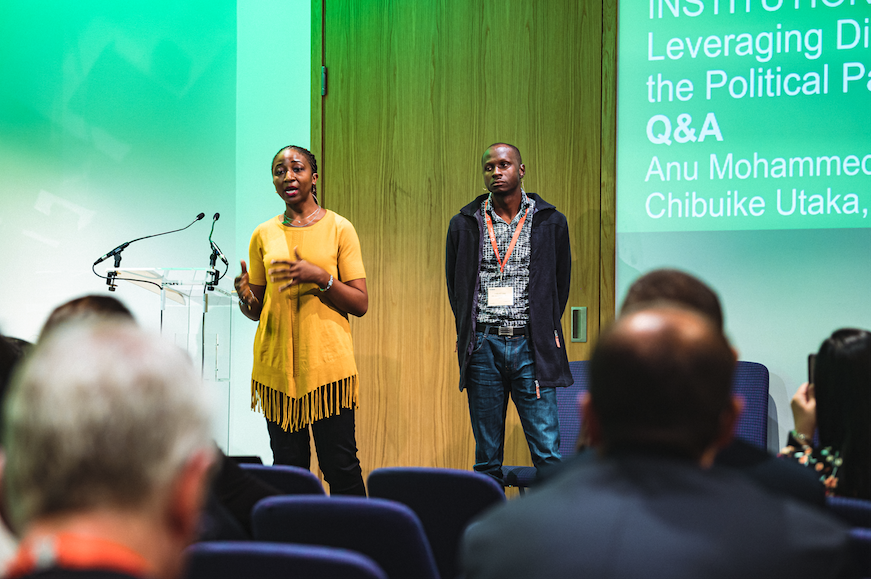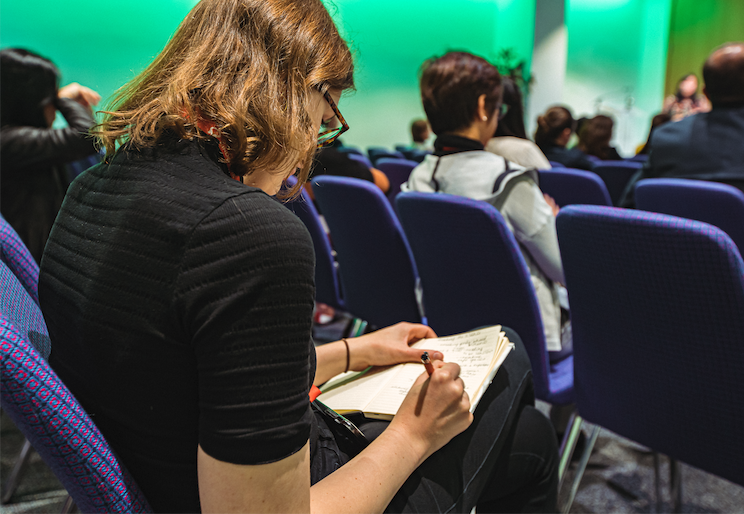Another record-breaking year; another record-breaking challenge for the jury. For the third edition of our Making a Difference Award Competition we have received a high number of quality entries, up 13 per cent on last year’s total. The jury had a very difficult job and found it challenging to select the winning case studies, as all of the projects were of incredibly high quality.
We aligned the best case stories – the Award Winners – with the UN SDG’s (Sustainable Development Goals) so that we can see the effect on progress with the goals in multiple areas. The 3 winning authors and their NGO counterparts took the virtual stage at the ESOMAR Insights Festival on three consecutive days. Their sessions were brilliant, strong and inspiring examples of research ‘Making a Difference’ and as a result were extremely well received by the audience. We’ll tell you what you’ve missed!
The first session featured the winners of SDG #3 – Good Heath and Well-Being: Çigdem Penn [Xsights], Elif Elkin [Abdi Ibrahim Otsuka Ilaç] and Haldun Soygur, MD, PhD [Federation of Schizophrenia Associations] with the brilliant case-study “Public Perceptions of Schizophrenia“. The study demonstrated the need for creating a difference to stop the stigmatisation of mental health patients, a corporate social responsibility perspective – through the collaboration of a pharmaceutical company an Non Governmental Organisation and a Research Company.

For the second session had covered the following paper ‘Providing earning capability and opportunity to rural women’, by Indu Upadhay, of Ipsos India and Sheela Iyer from Light of Life Trust India. They are the winners of Making a Difference – Gender Equality (SDG #5). The study touched the lives of typical rural Indian women, it aimed to understand the social norms, practices and relations and reveal the reasons that prevents them from achieving economic advancement. It identified ways in which the leading local NGO – The Light of Life Trust (LOLT) can address these barriers and increase women’s enrolment in its program as well as successful transition to employment. We certainly believe the project made a difference since it helped women fulfil their foremost aspiration of achieving greater financial security! Not only did Indu and Sheela put together an extraordinary case-study but an amazing presentation as well.

The last day of the Insights Festival was for the winners of Making a Difference – Quality Education (SDG #4). Mariam Ghabrial from Marketeers Research and Johnathan Crickx from UNICEF Egypt delivered an exceptional presentation titled “How market research created words and changed worlds”. This is a story of how effective market research contributed in making a groundbreaking difference, changing laws and altering perceptions. The audience was shocked to hear that before the campaign there wasn’t even a word for bullying in Egyptian Arabic. A diligent mission that would have never been possible without UNICEF as well as national and creative partners.

In summary, an excellent, thought-provoking and inspiring session which demonstrated the real value that research can bring to the Not-for-Profit sector in all areas of life. The winning case-studies and and the rest of the commended entries will be featured on this space in the coming months, so keep an eye out!


